Months later, South Bend, Ind., mayor Pete Buttigieg made a similar argument for expanding Pell Grants — the primary form of need-based federal aid — over policies like free college for all.
Former vice president Joe Biden’s higher ed platformreleased this week offered the most concrete campaign proposal yet for boosting the Pell Grant. The Biden proposalcalled for doubling the maximum value of the grant, which would put the amount of the award north of $13,000.
More moderate Democratic presidential hopefuls, leery of ideas like free college, argue that focusing on Pell Grants would be the most pragmatic and fairest approach to addressing college affordability. The kind of expansion Biden is talking about would also be perhaps the biggest new investment in student aid in decades.
Carrie Warick, director of policy and advocacy at the National College Access Network, said that especially since the recession, four-year college has become unaffordable for many students even when they seek out all available federal aid.
“The debate now seems to be what is the answer to that problem,” she said. “Is it free college at four-year institutions? Is it increasing the Pell Grant, which gives students more of a voucher where they can take their dollars where they would like?”
The existing Pell Grant covers less than a third of the cost of a four-year public college for students who receive the maximum award. NCAN has called on lawmakers to raise the grant’s purchasing power over several years to at least 50 percent of the cost of a four-year college. In a typical appropriations cycle, lawmakers might approve an increase of $50 to $100 — if any spike at all.
The Biden higher ed platform over all would cost about $750 billion over 10 years, the campaign said. The federal government spends roughly $30 billion on Pell annually, so doubling the grant would make up a substantial portion of new spending under the plan.
Presidential campaign platforms can offer bold proposals without accounting for political realities of the legislative process. Lawmakers, meanwhile, have to build consensus and pay for new spending. But Warick said the ambitious proposals endorsed by Democratic candidates could fuel higher ed discussions in Congress, no matter who wins the nomination.
Biden’s platform also calls for making community colleges tuition-free; students could use their Pell Grant for nontuition expenses. And he called for cutting monthly loan payments in half for student borrowers enrolled in income-based repayment programs, among other substantial changes to student aid and loan programs.
Mark Huelsman, associate director of policy and research at Demos, said college affordability and student debt have become such big kitchen-table economic issues in recent years that it’s harder for candidates to argue for tinkering around the edges. The push for long-overdue investments in the Pell Grant are likely happening in part, Huelsman said, because of pressure from the free and debt-free college movement.
“It can also be fairly characterized as doubling down on our current model, rather than fundamentally restructuring our system of college financing,” he said. “Maintaining, if not increasing, the Pell Grant has historically had bipartisan support. So you can begin to see why moderate candidates prefer that to something that uproots the system.”
Huelsman, a proponent of free college and debt-free college, said that approach “is about resetting or rethinking the system.”
The think tank Third Way, which has been critical of free college proposals, has argued for tripling the maximum value of the Pell Grant. Tamara Hiler, director of higher education at Third Way, said that in any context outside the Democratic primary, “calling to double or triple the Pell Grant investment would be seen as a pretty lefty or progressive idea.”
That’s because it would mean massive new federal spending. But Hiler said Pell Grants would steer benefits to the lowest-income students and have traditionally had bipartisan support.
“This is a much more realistic way to tackle the affordability issue,” she said.

Elizabeth Warren U.S. Senator, Mass. • Democrat
- 1 OF 3
- ›
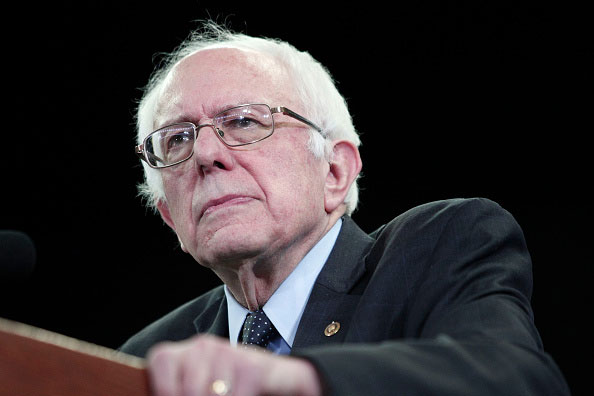
Bernie Sanders U.S. Senator, Vt. • Independent
- 1 OF 3
- ›

Pete Buttigieg Mayor of South Bend, Ind. • Democrat
Democratic contenders push moderate debt relief plans in response to Warren, Sanders – August 9, 2019
Buttigieg Calls Out For-Profit Colleges in Debate – July 31, 2019
- 1 OF 2
- ›
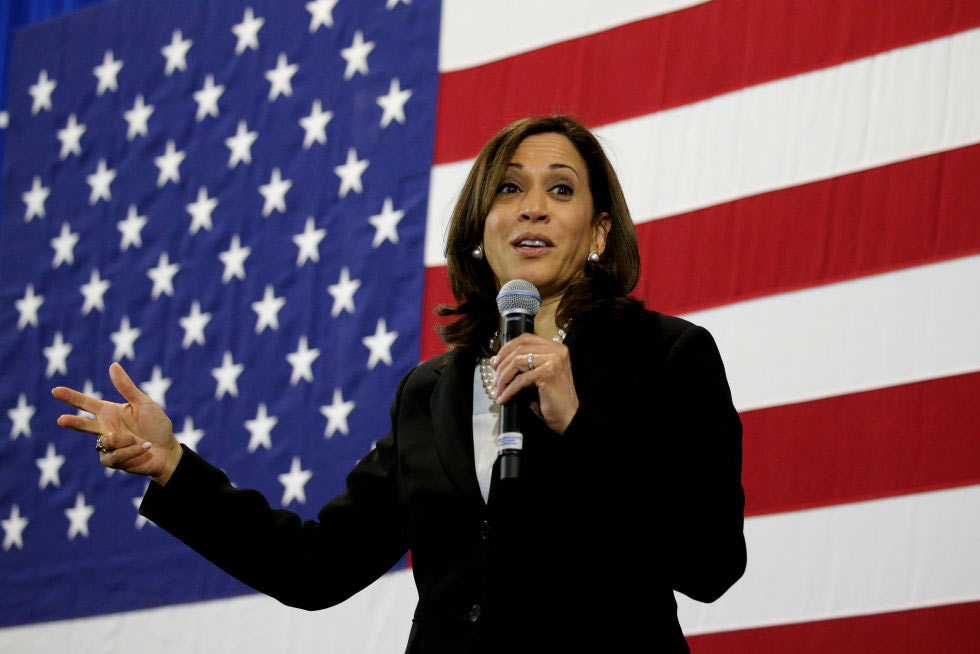
Kamala Harris U.S. Senator, Calif. • Democrat
Democratic contenders push moderate debt relief plans in response to Warren, Sanders – August 9, 2019
Kamala Harris Plan Would Boost HBCU Funding – March 27, 2019
Democratic contenders’ higher ed positions go well beyond free college – February 14, 2019
- 1 OF 2
- NEXT ›
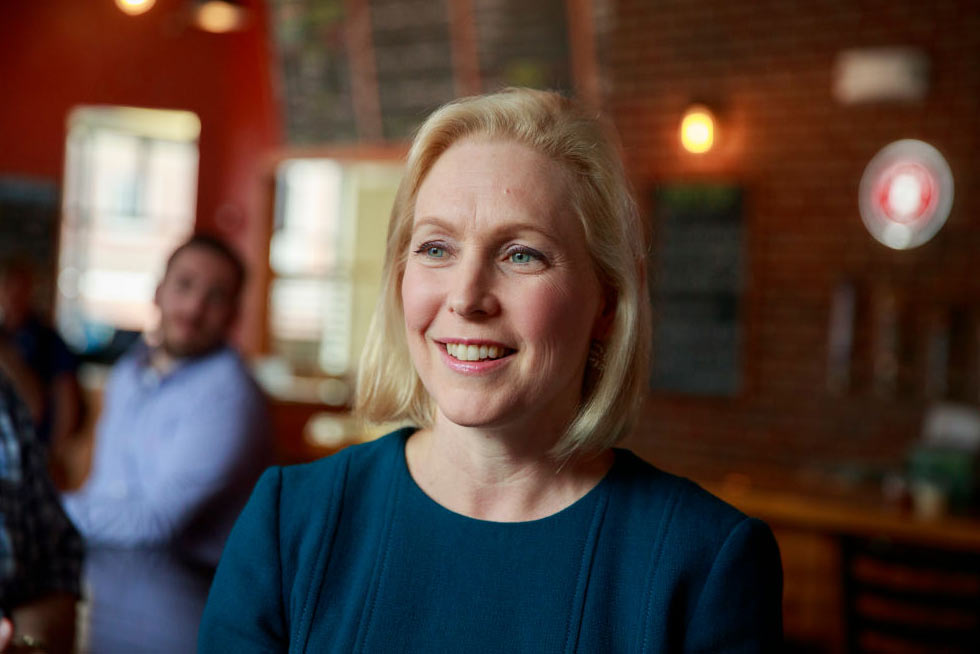
Kirsten Gillibrand U.S. Senator, N.Y. • Democrat
Proposal Would Overhaul Public Service Loan Forgiveness – April 12, 2019
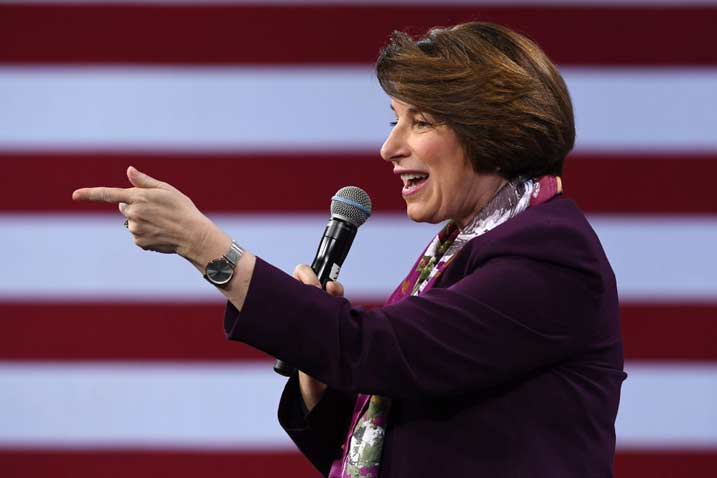
Amy Klobuchar U.S. Senator, Minn. • Democrat
Klobuchar Releases Plan for First 100 Days – June 19, 2019
Klobuchar Comes Out Against Free College – February 20, 2019
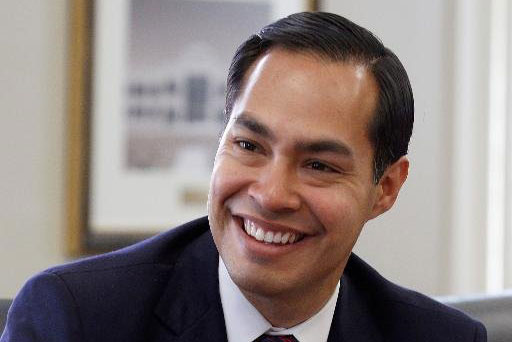
Julián Castro Former U.S. Secretary of Housing and Urban Development • Democrat
Castro Plan Backs Free College, Targeted Debt Relief – May 14, 2019


0 Comments